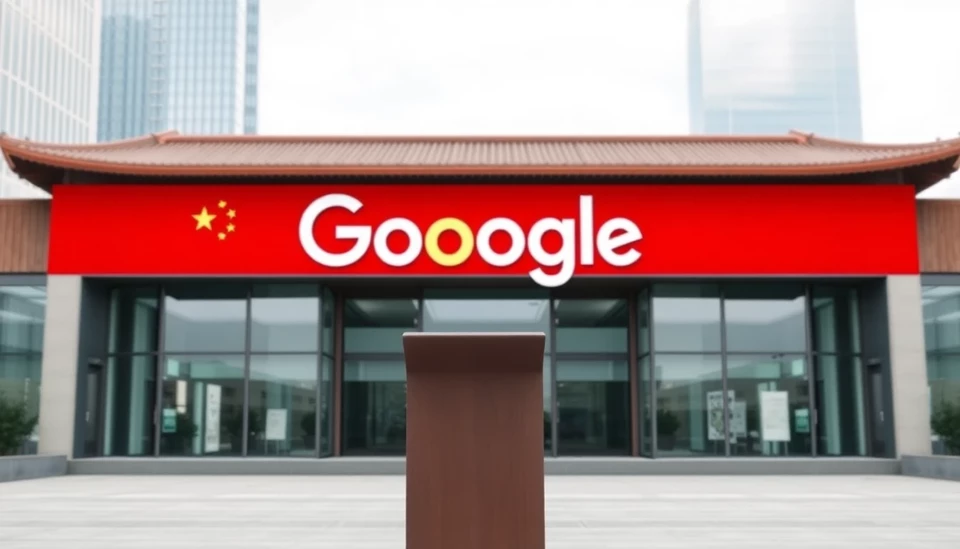
In a pivotal courtroom showdown, a federal judge expressed significant skepticism regarding Google's arguments in a major antitrust case over its dominance in the advertising technology sector. The proceedings, held in a Washington, D.C. courtroom, have drawn attention not only due to the stature of the tech giant but also for their implications on the future of digital advertising.
The case, brought forth by the Department of Justice (DOJ) alongside several states, accuses Google of maintaining a monopolistic grip on the ad tech market. Critics argue that its practices have stifled competition, ultimately harming both businesses and consumers alike. As the judge carefully considered the evidence presented, it became clear that the prosecution’s points were resonating more than Google's defensive strategies.
Throughout the hearing, the judge scrutinized Google’s claims that its advertising operations merely reflect the benefits of innovation and consumer choice. Rather, the court appeared to lean towards the viewpoint that these practices have, in fact, resulted in the obstruction of potential competitors attempting to enter the industry.
Testimonies from various industry players highlighted concerns regarding Google’s alleged tactics to monopolize the ad space, including the implementation of restrictive contracts and aggressive acquisition strategies. Witnesses contended that such maneuvers created a disadvantage for rival companies, who struggled to compete when faced with Google's overwhelming market presence.
The judge's inquiries were pointed and critical, prompting Google's legal team to revisit their arguments multiple times. Officials from the DOJ presented powerful examples of how Google's market behaviors have marginalized other businesses, urging the court to recognize the impact of its actions on market competition.
As the deliberations continue, the implications of this case extend far beyond Google. Legal experts suggest that the outcome could set significant precedents in how antitrust regulations are applied to large technology firms, potentially reshaping the landscape of digital advertising in the coming years. This case is seen as a litmus test for future regulatory actions against big tech, as lawmakers look to address concerns around monopolistic practices in the sector.
With the stakes so high, all eyes are on how the judge will rule in this intricate and transformative case. If the court sides with the DOJ, it could lead to major changes in Google’s advertising operations and possibly open the door for increased competition and innovation within the industry.
As the trial progresses, the tech giant's strategy will be closely monitored, not just for its potential legal ramifications but also for what it signifies about the ongoing battle between big tech companies and regulatory bodies. The decision made in this case may very well serve as a benchmark for future litigation involving tech monopolies and market competition.
As this critical case unfolds, stakeholders from various sectors await the final verdict, knowing that its ruling could significantly alter the dynamics of one of the world's most vital industries.
### Hashtags
#Google #Antitrust #AdTech #Trial #Competition #DigitalAdvertising #Regulation
Author: Samuel Brooks




